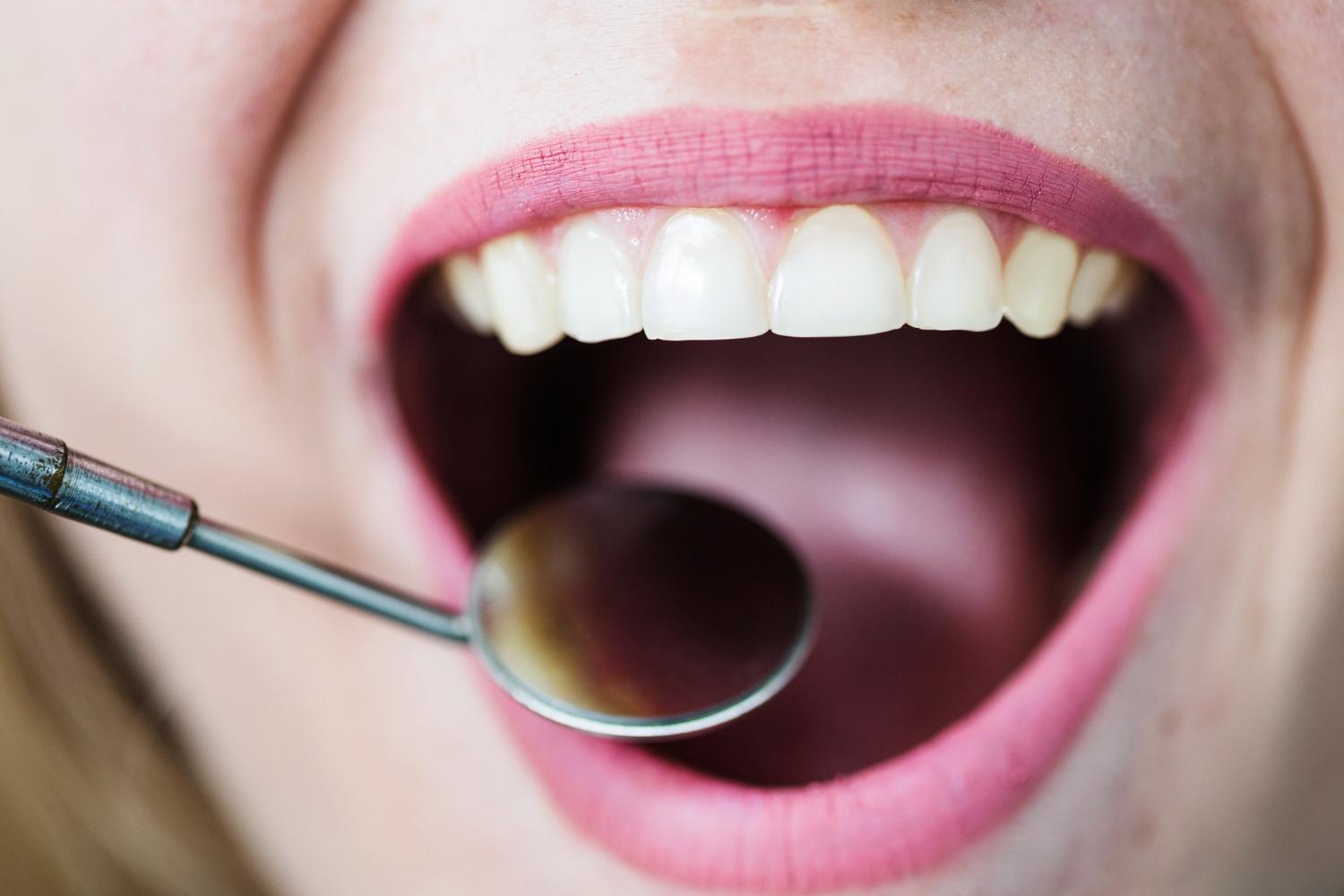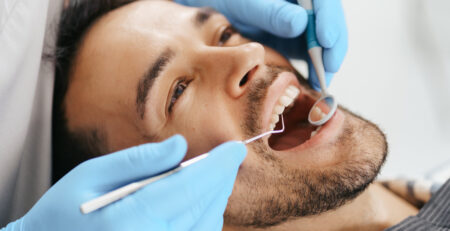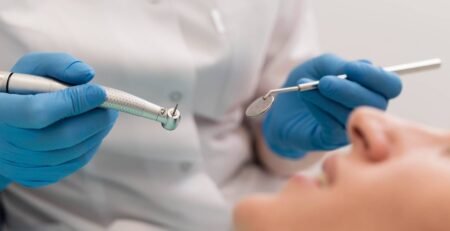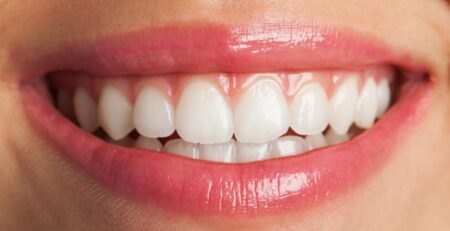Why Does My Tooth Hurt?
Tooth pain always seems to strike at the worst time. Whether it shows up while you’re sipping something cold or sneaks in during a quiet evening, it demands attention. While the obvious guess is usually a cavity, the truth is, there’s a lot more that could be going on behind the scenes.
Hidden Abscesses Silently Sparking Your Tooth Pain
You might not see it, but a tooth abscess can cause serious discomfort. These little pockets of infection often form deep in the root of a tooth or between the tooth and gums. They build up quietly over time, and by the time you feel the pain, things may already be pretty advanced. The pain can be sharp or dull, and sometimes it even spreads to your jaw or ear without warning.
What makes an abscess tricky is how well it hides. Some don’t show up on the surface at all. Instead, you may notice a foul taste, swollen gums, or even a fever. Ignoring the signs can lead to more serious problems, like spreading infection. That’s why even a mild, lingering ache should never be brushed off—it could be the result of a hidden abscess working beneath the surface.

Faulty Dental Crowns Secretly Inflaming Your Tooth’s Nerve
Dental crowns are meant to protect and restore, but sometimes, they can be part of the problem. When a crown isn’t fitted just right or becomes loose over time, it can allow bacteria to sneak in underneath. This creates irritation that reaches the tooth’s nerve, causing pain that may come and go unpredictably.
In some cases, the pressure from a poorly seated crown puts constant stress on the tooth. You might not even notice it until you bite down a certain way or eat something hot or cold. Over time, that low-grade pressure adds up, and the nerve underneath can become inflamed. Even if the crown looks fine on the outside, your mouth could be telling a different story underneath.
Tiny Cracks in Your Tooth Could Be the Hidden Culprit
Hairline fractures in a tooth can be hard to spot but cause big problems. These cracks often form from years of biting, grinding, or chewing hard foods. At first, they might not hurt at all. But once the crack deepens enough to reach the inner layers, it opens a pathway for irritation and pain to start creeping in.
The tricky part is that cracked tooth pain doesn’t always stay in one spot. You might feel it when you chew, or notice a quick jolt when drinking something cold. Then it vanishes, only to return later. Because cracks can be almost invisible, they’re often missed during routine checkups. That’s why persistent, unexplained pain deserves a closer look, even if everything looks okay on the surface.
Inflamed Gums Quietly Causing Persistent Toothache
Sometimes the pain isn’t from the tooth at all—it’s from the gums. Inflamed gums can mimic the pain of a toothache and are often the result of gingivitis or plaque buildup along the gumline. When the gums swell and pull away from the tooth, they expose sensitive areas that react to touch and temperature.
You might also notice bleeding while brushing or a general tenderness in your mouth. While this can feel like it’s coming from the tooth, it’s actually the gum tissue sending the distress signal. Regular flossing and professional cleanings help reduce inflammation, but once the gums become too irritated, they can lead to more serious dental issues that increase tooth sensitivity and discomfort.
Sensitivity Sneaking Up from Receding Gumlines
As gumlines recede, they expose parts of the tooth that were never meant to be unprotected. The roots don’t have the same enamel covering as the visible part of your tooth, which makes them highly sensitive. You may feel a sharp sting from a sip of cold water or a breath of chilly air.
This sensitivity doesn’t always mean something major is wrong, but it can still feel intense. It’s a common issue for people who brush too hard, grind their teeth, or have naturally thinner gum tissue. Over time, that exposure adds up and leaves you wondering why your teeth feel more sensitive than usual—even without a cavity in sight.
Old Fillings Silently Becoming Painful Problems
Fillings don’t last forever. Over time, they can loosen, crack, or even fall out without you realizing it. When that happens, the once-protected area becomes vulnerable again. Food particles and bacteria can sneak in through tiny gaps, irritating the inside of the tooth and causing pain that wasn’t there before.
Old fillings can also change shape slightly, especially metal ones, as they expand and contract with temperature changes. This puts pressure on the surrounding tooth structure, which can lead to discomfort. If you’ve had the same fillings for years, a sudden toothache might mean it’s time to have them checked out and possibly replaced.
Hidden Cavities Causing Sudden Tooth Sensitivity
Not every cavity is obvious. Some form between teeth or under old dental work, making them hard to see and even harder to feel—until they get deep enough. Once they hit the dentin or nerve, you’ll know. Sudden sensitivity to sweets, temperature, or pressure is often the first clue.
These “hidden” cavities are especially common in people who don’t floss regularly or skip dental visits. Without early detection, they can grow quietly and cause serious pain. By the time symptoms appear, they might require more than a simple filling. That’s why regular checkups matter—even when your teeth seem fine, something could be brewing underneath.
Why Your Wisdom Teeth Are Quietly Hurting Neighboring Teeth
Wisdom teeth are known for causing trouble, but what many don’t realize is how sneaky that trouble can be. These late arrivals often grow in at odd angles, pressing against nearby teeth without breaking through the gum. That pressure can cause soreness in surrounding molars and make it feel like those teeth are the issue.
As the wisdom teeth push through, they can also inflame the surrounding tissue or even create pockets where bacteria collect. This triggers infections or general discomfort that radiates beyond the wisdom teeth themselves. Even if you don’t see them yet, their presence beneath the surface could explain why you’re suddenly dealing with tooth pain that seems to have no clear source.
Find Real Relief from Tooth Pain with Expert Care at Lumina Dental – Your Trusted Partner for Lasting Dental Health and Comfort
Tooth pain has a way of showing up when you least expect it, and guessing games only make it worse. At Lumina Dental, we believe you deserve answers—not just quick fixes. Whether it’s a hidden abscess, a cracked tooth, or that one old filling causing trouble, our experienced team takes the time to uncover the real cause and create a personalized plan to treat it. We don’t just look at symptoms—we listen to your concerns, examine every detail, and explain what’s really going on. If you’re tired of the pain, the guesswork, or just want to feel confident about your dental health again, let us help you take that next step toward relief. Contact us today to schedule an appointment with Lumina Dental and get the care your smile truly deserves.









